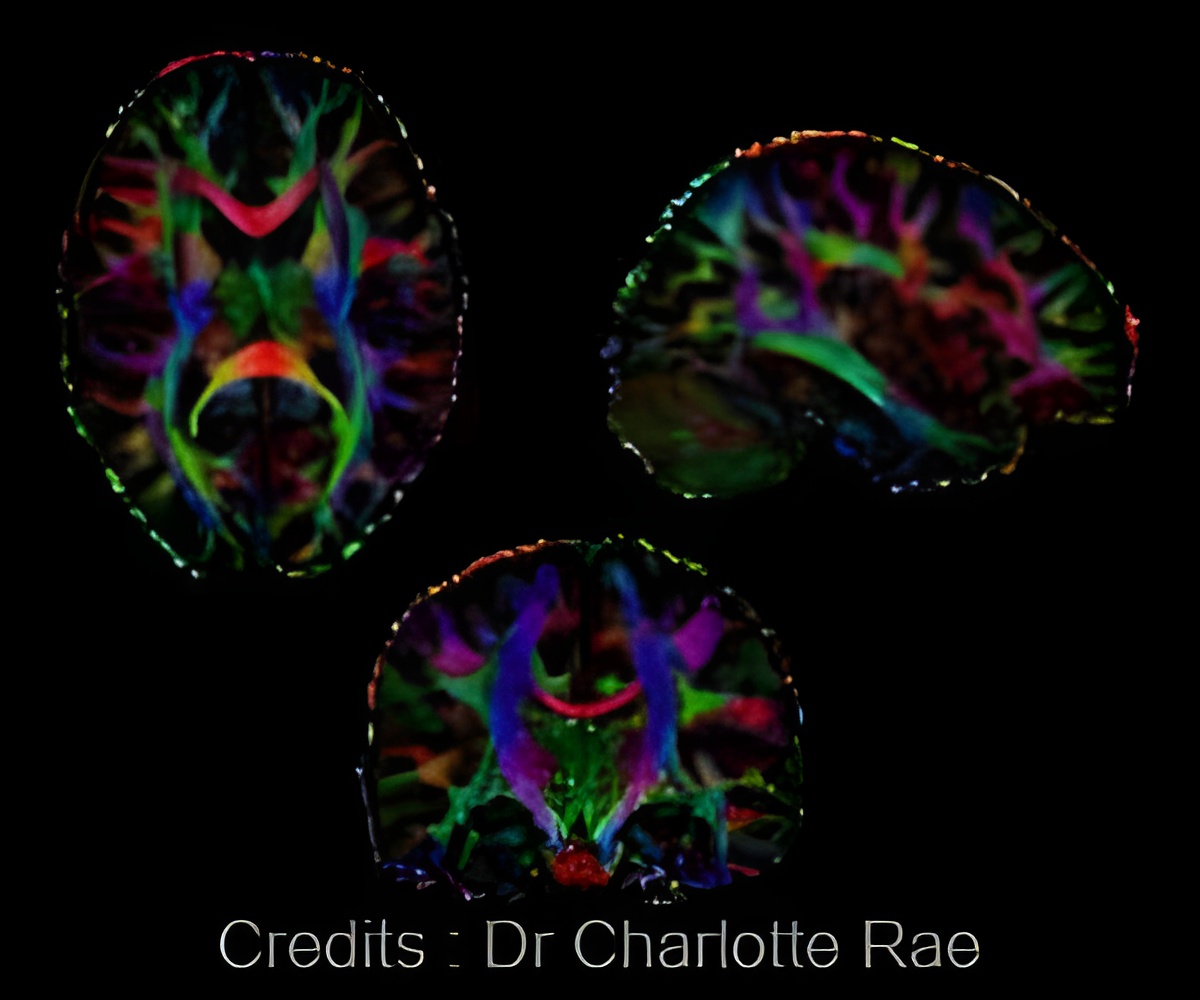The brain activity of binge-drinkers show a widespread dysfunction in a region of the brain called the Fusiform Body Area that is associated with the recognition of body parts, especially in a situation where feelings of empathy are experienced.

‘Individuals who engage in binge drinking behaviors show impaired empathy, characterized by a reduced ability to understand and respond appropriately to others' feelings.’
Read More..




Binge-drinking is defined as consuming more than 60gms of pure alcohol, that equals about three-quarters of one bottle of wine, or 2½ pints of lager, on at least one occasion in the past 30 days. In the UK and France, around 30% of all adults over 15 years of age are considered binge-drinkers.Read More..
For the study, 71 people were enrolled. Half of them were binge-drinkers while the other half were not. The binge-drinkers were sober during the study. Their brain activity was observed using fMRI while undertaking a pain perception task.
The participants were shown an image of a limb being injured and then asked to imagine the body part as being either theirs or that of another person. They were then asked to state how much pain was associated with the image.
When the binge-drinkers were asked to imagine the injury happening to their own body, their pain estimate was similar to that of non-binge-drinkers.
On the other hand, the binge-drinkers struggled more than their non-binge-drinking counterparts while gauging another person's pain. It took more time for them to respond, and brain scans revealed that their brains had to work harder. Binge-drinkers had to use more neural resources to appreciate how intensely another person would feel pain.
Advertisement
When the binge-drinkers were asked to imagine the injured body part in the picture as their own, their pain estimate was not different from that of their non-binge drinking counterparts.
Advertisement
Reduced empathy in binge-drinkers may further encourage drinking as it can blur the perception of the suffering during a drinking session.
Dr. Charlotte Rae from the School of Psychology at the University of Sussex said, "Our data show that binge-drinkers need to work harder to feel empathy for other people in pain. They need to use more resources in terms of higher brain activity than non-binge drinkers. What this means in everyday life is that people who binge-drink might struggle to perceive the pain of others as easily as non-binge drinkers do.
Binge-drinkers have to put more brain resources in order to feel empathy.
Source-Medindia











